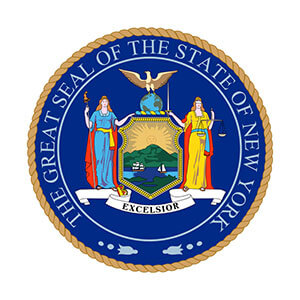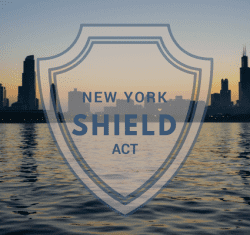The New York Not-for-Profit Corporation Law (N-PCL) was recently amended to streamline and clarify some governance procedures and eliminate unnecessary regulatory burdens. The changes expand the means for electronic voting by unanimous consent, change the term length of directors elected to fill vacancies, and clarify the quorum requirements when directors leave a meeting due to a conflict of interest.
Expansion of Electronic Consent
Under the N-PCL, members and directors are permitted to take action without a meeting by unanimous written consent, which consent can be either written or electronic. (See N-PCL §§ 614(a) and 708(b)) Under the previous law, electronic consent was limited to electronic mail, otherwise known as e-mail.
To keep up with emerging changes in technology, the legislation allows members and directors to act without a meeting by unanimous consent undertaken by “other electronic means” in addition to email. This means that director or member consent can also be provided through other technology methods besides e-mail, such as the use of electronic portals that facilitate the collection of votes.
Board Vacancies
Under the previous law, when a director was elected or appointed to fill a vacancy in an unexpired term, that director was only able to fill that vacancy until the organization’s next annual meeting. (See N-PCL § 705(c)) This provision was often impractical for organizations with classified boards in which board members serve for staggered, multi-year terms, and the seat of the director whose vacancy was being filled was not set to expire at the next annual meeting.
The legislation provides increased flexibility in selecting terms for replacement directors. A director elected to fill a vacancy in an unexpired term can now hold office until the end of the term that the director was elected or appointed to fill, or for a different term determined by the board which ends at an annual meeting. These changes give boards more leeway to select a different term when filling a vacancy that better aligns with the organization’s specific objectives.
Clarification to Board Quorums
Under the N-PCL, any action taken by the board of directors requires a quorum to be present at the time of the vote. (See N-PCL § 708(d)) The amendment clarifies that directors who are present at a meeting but not at the time of a vote due to a conflict of interest or related party transaction are deemed present at the time of the vote in determining if there is a quorum.
Takeaway
These latest amendments to the N-PCL help to modernize and update the laws around not-for-profit governance structures in a positive way. New York not-for-profit organizations may want to consider updating their certificate of incorporation and/or by-laws to reflect these changes, which may help them streamline their governance procedures.
- Benjamin Perlman
- Benjamin Perlman
- Benjamin Perlman















